With the commencement of the Olympics and its aftermath, in collaboration with Days for Girls, we have launched an editorial series aimed at exploring the often undiscussed topic of menstruation's impact on female athletes through the stories of three female athletes. The athletes will delve into the unique challenges faced during their periods, from potential staining of uniforms to managing pain and effectively communicating menstrual needs to coaches. By shedding light on these experiences, the series hopes to raise awareness about the realities of menstruation in the world of sports.
This is Danielle Brown's story:
For my first six years in the sport, we had to wear white trousers to compete. It didn’t matter what stage of my cycle I was in, the moment I put on those clothes I would start thinking “What if it happens today?”
In sports, especially at the elite level, you do everything you can to be fully prepared and leave nothing to chance. However, the worry played on my mind. Admittedly, most of the time this worry was unnecessary and I would get to the end of the day with a big sigh of relief. Thankfully, the rules were updated allowing me to compete without the extra stress.
I am happy to see that sports clothes are starting to be designed with women and girls in mind. I can’t stress enough how important it is to be mindful of clothing choices and ensure that women’s views are considered in everything from colour to comfort.
Archery is a skill sport that requires a lot of repetition - shooting arrow after arrow to get better at it. During a typical month, women’s bodies change a lot. It wasn’t until I retired that I learned how much our hormone levels fluctuate and how much our ligaments stretch when we are on our period.
It’s important to remember that our bodies are all different and they react differently during our period. Due to my disability, I have a very high pain threshold so I don’t tend to experience general aches, pains or stomach cramps during my menstrual cycle. However, it can cause a bit of extra tiredness which I always push through. Regardless of how your period affects you, it requires extra planning when preparing for competitions or day-to-day training to get the most out of your body.
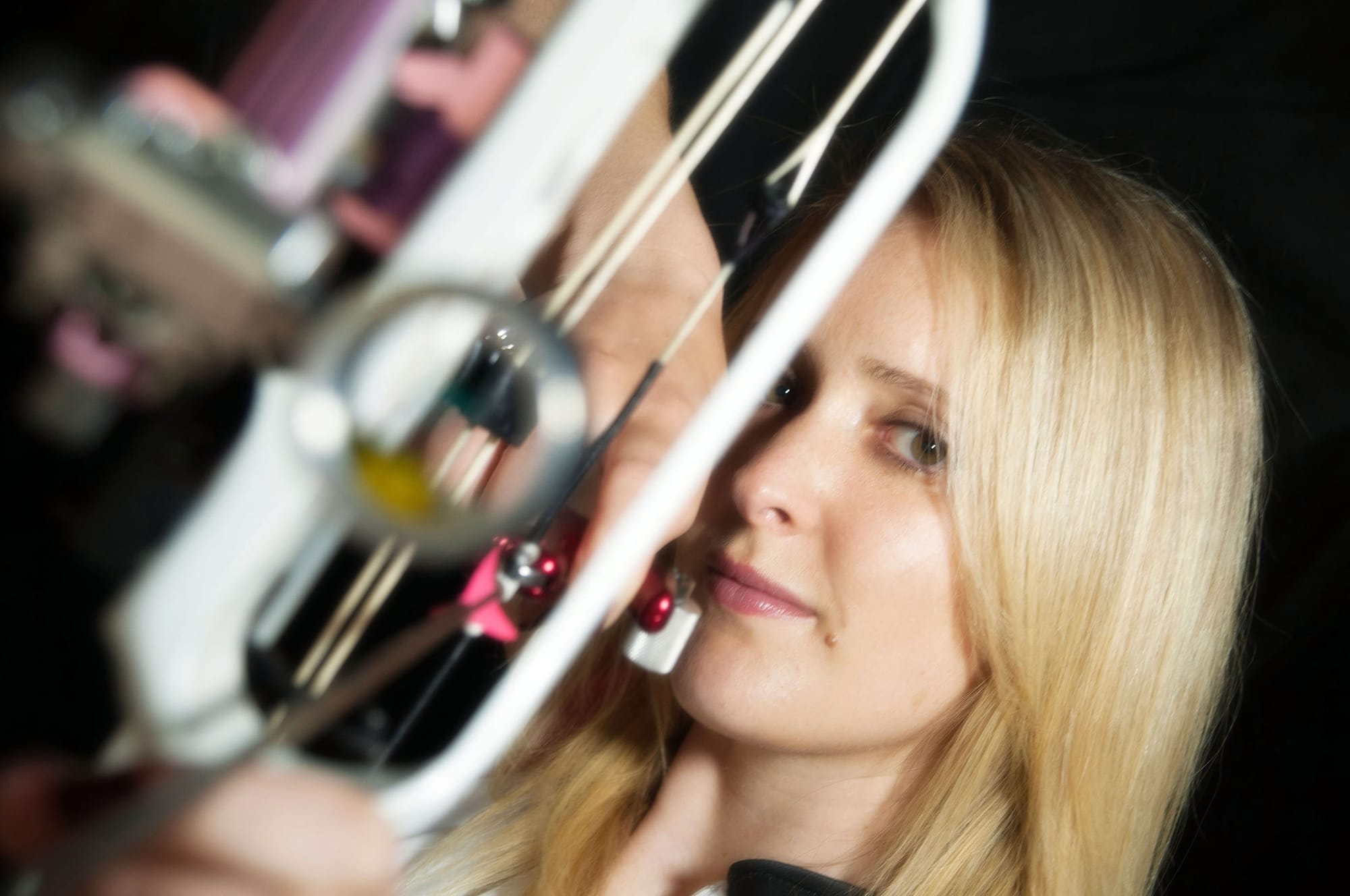
Archery is a skill sport that requires a lot of repetition - shooting arrow after arrow to get better at it. During a typical month, women’s bodies change a lot. It wasn’t until I retired that I learned how much our hormone levels fluctuate and how much our ligaments stretch when we are on our period. I now understand why my shot felt a little off when I was on my period because my draw length (how far I pulled the string) was too short. I used to blame my bow and tweak my equipment, thinking that my string had stretched, but the reality was that my body was doing all the stretching. This didn’t affect me too badly during the competition thankfully, but it’s something I wish I had been more knowledgeable about at the time to help me adapt quicker.
During my sports career, I felt treated like a miniature man. I was told to shoot the same number of arrows as my male counterparts and spend the same number of hours training, but because I was female I had to eat 500 fewer calories than them. There were no other gender-based adaptations or support to my coaching regime. While there were no specific moments where I felt my period negatively affected my performance, I believe that the systematic misunderstanding of menstruation within my sport created an environment where I couldn’t ask for help and I never received any proactive pointers that might have accelerated my success.
I didn’t feel comfortable talking about my period during my sports career. This was partly because I was quite shy and it wasn’t something I talked about outside of sport either. Another factor was the environment I was in. My coaches never brought up the subject, so I assume they either didn’t feel comfortable, or they didn’t understand the impact that menstrual cycle can have on performance.
I took the contraceptive pill so I could plan my period and make sure that it didn’t coincide with big competitions. Periods weren’t discussed much during my time on the World Class Performance Programme so I never checked in with a doctor about it; I just went ahead and did what I thought was best. This method worked for me because psychologically I felt more secure. I knew that my body was going to be competing in peak performance and wouldn't be as tired as it might have been otherwise. Yet, this still didn’t stop me from worrying when I wore white!
Talking openly about menstruation in sports is very important because it helps normalize conversations about it and deepens our understanding of the subject. While some people might feel very uncomfortable or embarrassed discussing it, menstruation is an important topic that needs to be explored.
I didn’t feel comfortable talking about my period during my sports career. This was partly because I was quite shy and it wasn’t something I talked about outside of sport either. Another factor was the environment I was in. My coaches never brought up the subject, so I assume they either didn’t feel comfortable or didn’t understand the impact of menstrual cycles on performance. Coaches are taught about good archery techniques and how to apply them to the athletes they coach. Gender is mostly considered an irrelevant factor in the sport. However, if you’re not taught how women’s bodies change during their period and how it affects their physiology then it isn’t considered a relevant talking point. It’s worth pointing out that the majority of coaches we had were men, which also added to that lack of knowledge within the sport and perpetuated this illusion that there are no real differences between male and female bodies when it comes to shot execution or training programmes.
Talking openly about menstruation in sports is very important because it helps normalise conversations about it and deepens our understanding of the subject. While some people might feel very uncomfortable or embarrassed discussing it, menstruation is an important topic that needs to be explored. Taking simple steps like monitoring your period and working with somebody to analyse the data can help improve performance levels. It also deepens your self-awareness and gives you a more holistic view of yourself! Ultimately, the better conversations we can have about this help girls and women all around the world to access sport and enjoy it.
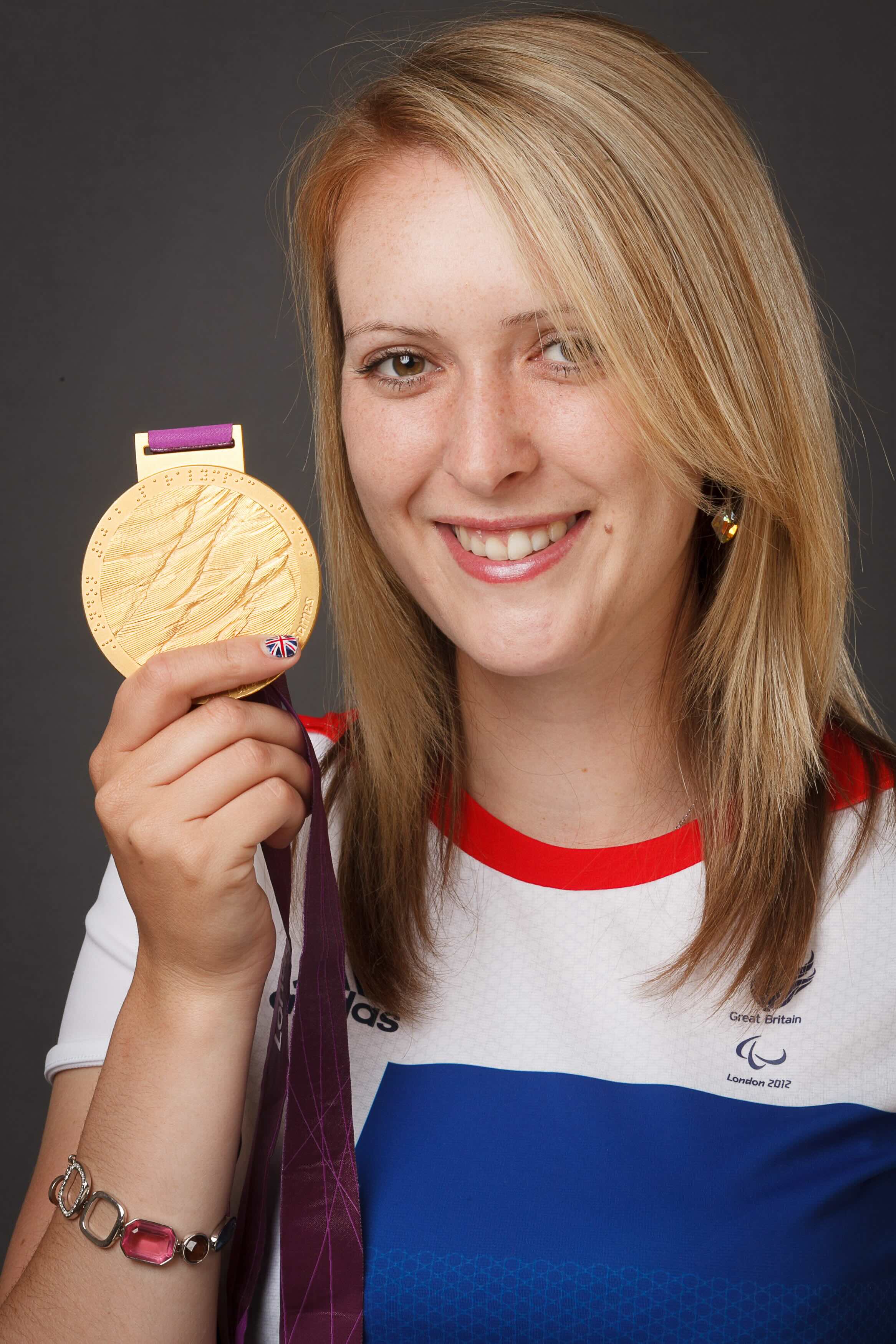
After becoming disabled as a teenager with Complex Regional Pain Syndrome, Danielle Brown MBE started archery on her 15th birthday. Three years later she was on the Great Britain team, jumping in as World Number 1 and hanging onto this position for her entire career.
She is a 5-time World Champion and double Paralympic gold medallist, winning gold in Beijing 2008 and retaining her title on home soil in London 2012. She also became the first disabled person to represent England as an able-bodied competitor at the 2010 Commonwealth Games, where she won gold.
Now, she’s a children’s book writer and international speaker, inspiring young people to pursue big goals. Her award-winning book Run Like A Girl was the Sunday Times Children’s Sports Book of the Year and features stories of 50 female athletes from around the world.

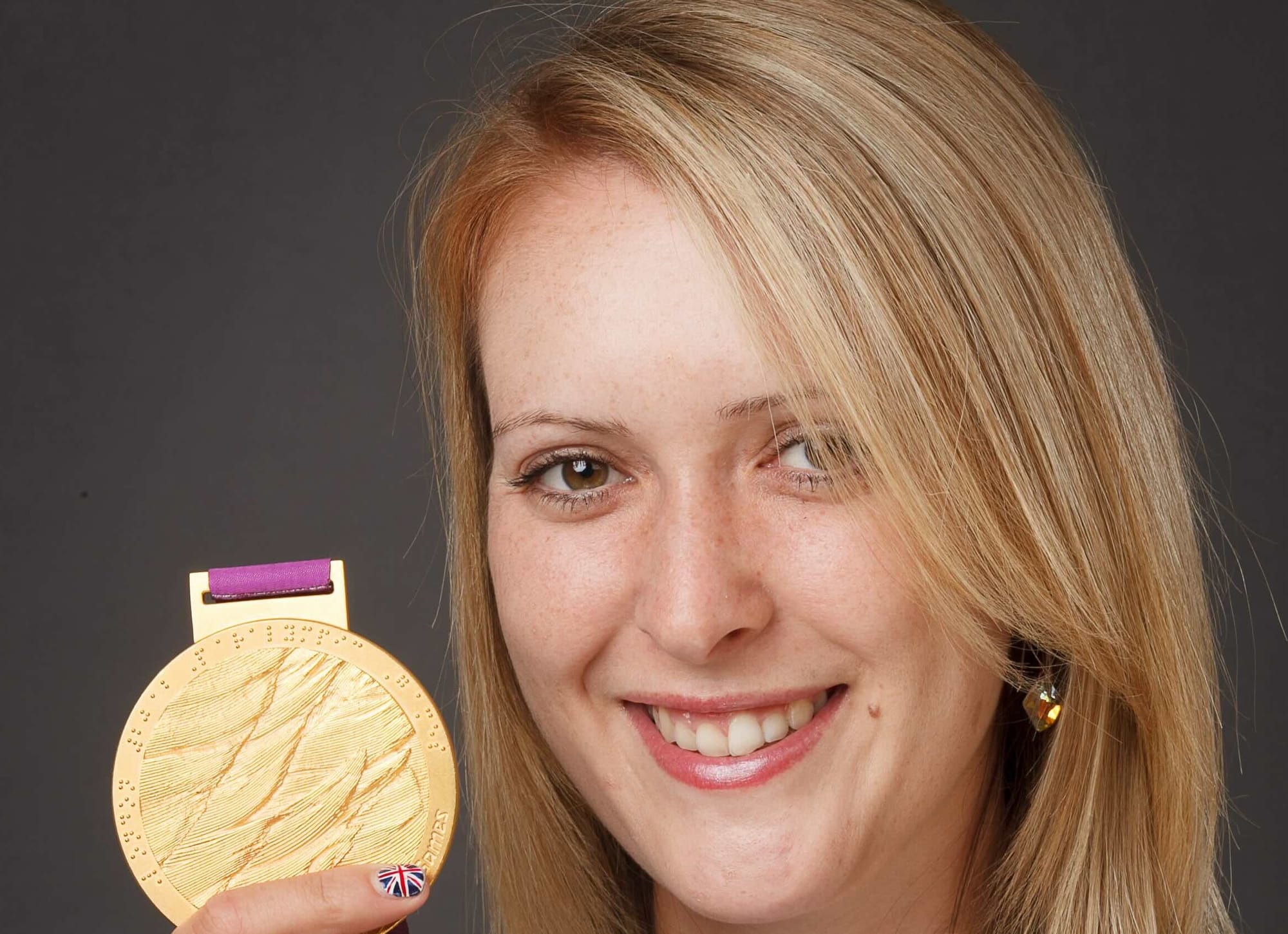



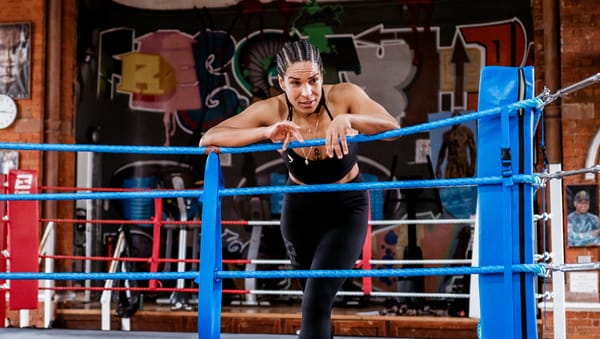
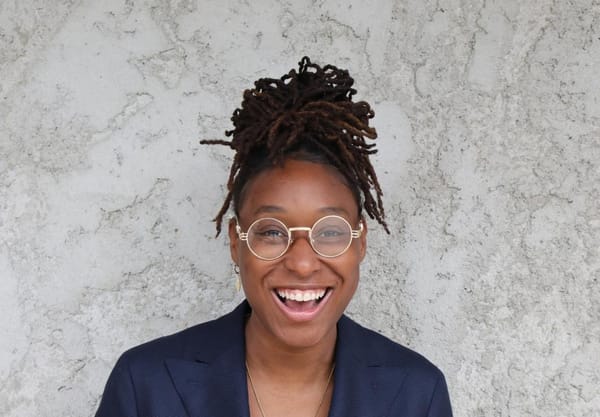
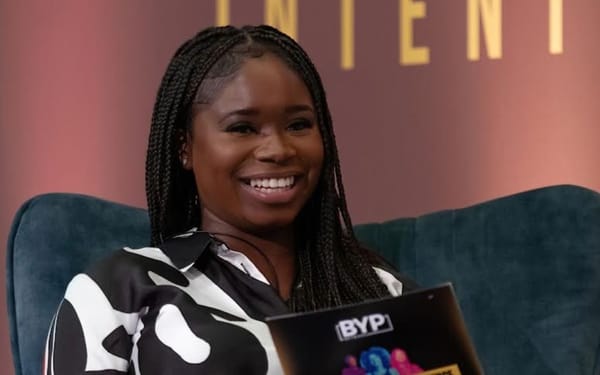
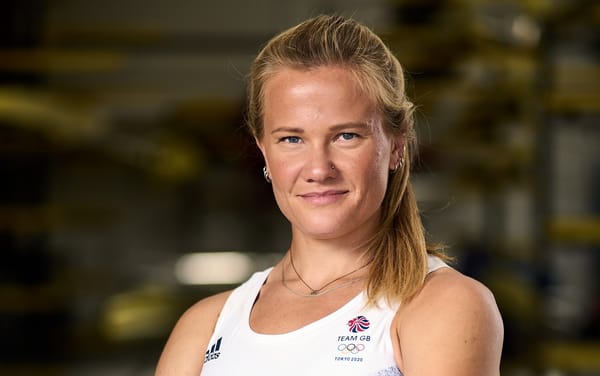
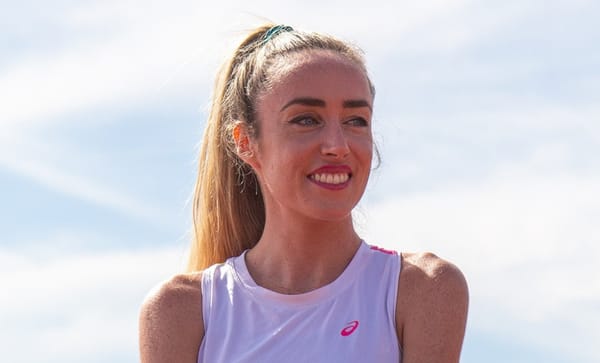
Member discussion